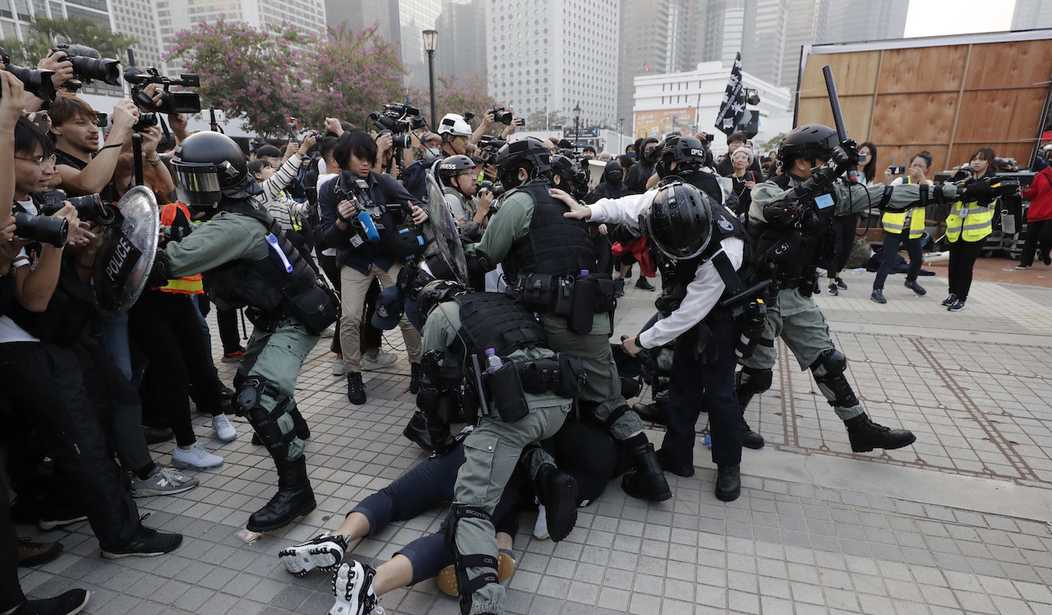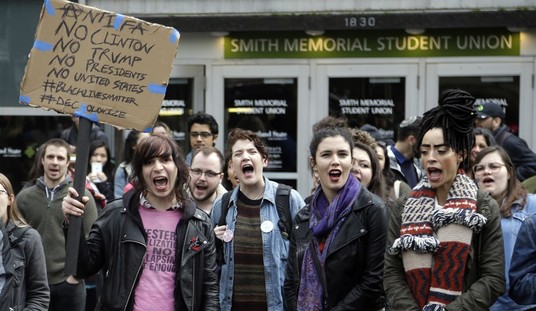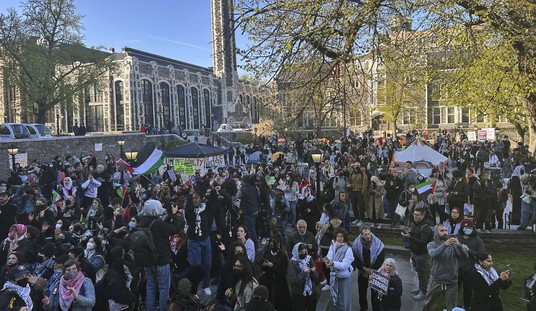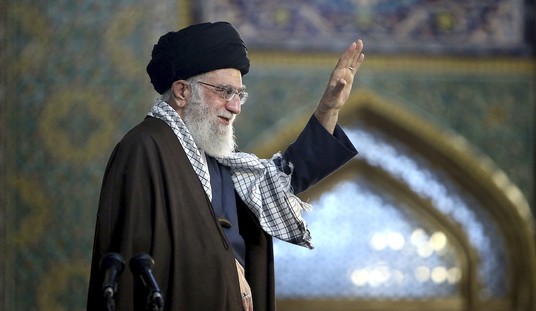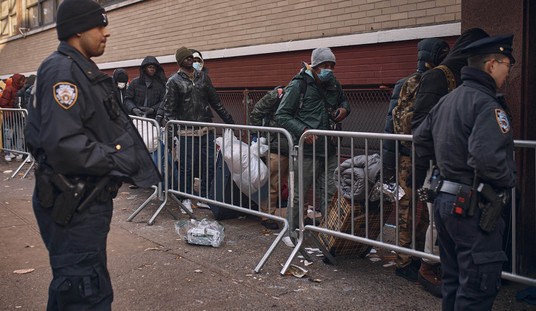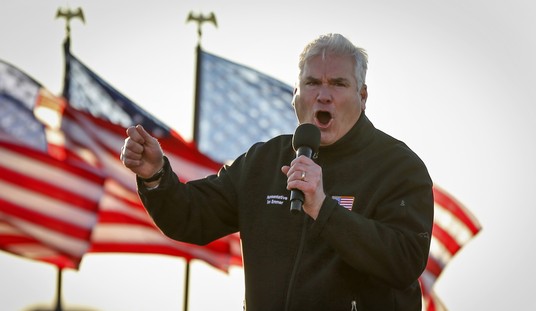If you remember how China destroyed the independence of Hong Kong it started with a new "national security law" which was passed not in Hong Kong but in Beijing. This law effectively put an end to the democracy movement because any protest leader could suddenly be arrested under the law and face a long stretch in prison.
From there China shut down the only pro-democracy publisher in the city and began demanding "patriotism" from candidates for office. Failure to demonstrate patriotism (meaning fealty to the mainland) was ground for disqualification. Not surprisingly, the election in December 2021 was swept by pro-Beijing candidates.
But it seems China has decided that wasn't enough. Today, Hong Kong's patriotic elected officials passed a new national security law that even more sweeping than the first one.
The lengthy national security bill – the first draft ran to 212 pages – was rushed through the city’s opposition-less Legislative Council with unusual haste at the request of city leader John Lee and debated over just 11 days...
Known locally as Article 23, the new national security legislation covers a raft of new crimes including treason, espionage, external interference and unlawful handling of state secrets, with the most serious offenses punishable by up to life imprisonment.
Hong Kong’s Chief Executive Lee described it as a “historic moment for Hong Kong.”
“We … have completed a historic mission, lived up to the trust of the country and did not let the Central government down,” he said, referring to China’s Communist Party leadership in Beijing.
Chief Executive Lee's statement makes me want to retch. Is there anything as repulsive to the American spirit as communist apparatchiks striving to not disappoint the central government?
The message to foreign businesses is increasingly clear. Get out now before the government finds and excuse to arrest you.
Under its top leader, Xi Jinping, China has asserted greater influence in the past four years over Hong Kong’s laws and prosecutors. That has raised alarms for American and European companies that use the city and its open financial markets as a gateway to China. The mainland’s own economic struggles, especially in real estate, have further shaken confidence in Hong Kong as a place to put money.
Many investors and companies have already begun moving activities to Singapore, a rival that has the advantage of being an independent country 1,200 miles southwest of China...
“The new national security rules have eroded Hong Kong’s distinctiveness for foreign firms and Chinese exporters — its comparative advantage is less clear than it once was for many businesses,” said Mark Wu, the director of the Fairbank Center for Chinese Studies at Harvard University.
Meanwhile, Sec. of State Blinken was in the Philippines today discussing security risks posed by China.
The visit was the latest effort by Philippine President Ferdinand Marcos Jr. to fortify his nation against Beijing, as he steers Manila toward a much more assertive stance toward China than his predecessor, Rodrigo Duterte.
Duterte once declared it was “time to say goodbye” to Washington and cultivated closer relations with China. Marcos, by contrast, has built up a network of global security allies to help defend against Chinese naval aggression in disputed waters and plans to visit Washington next month for the first joint summit with U.S. and Japanese leaders...
“The alliance has never been stronger,” Blinken told reporters in Manila, speaking alongside Philippine Foreign Secretary Enrique Manalo. “We have a shared concern about [China’s] actions to threaten our common vision for a free, open Indo-Pacific.”
The US has a mutual self-defense treaty with the Philippines, similar to the one we have with member of NATO. Naturally, China is not happy about this and lashed out again today about US interference in the South China Sea, which they maintain belongs almost entirely to China alone.
The Chinese media noted Mr. Blinken’s visit here with scorn. The nationalist newspaper Global Times reported that “Washington’s use of Manila as a proxy to disrupt the South China Sea situation could bring regional strategic confrontation to an unprecedented level,” and accompanied its story with an unflattering photo of Mr. Blinken grimacing and furrowing his brow.
Global Times pointed a finger at Manila, accusing its forces of “illegally trespassing waters off China’s territory in the region and trying to mislead the international community on the issue.”
The brief stop today comes in advance of a meeting at the White House April 11th when President Biden will host Philippine President Marcos and Japanese prime minister Fumio Kishida. This tri-lateral is already irritating China which continues to act shocked that the rest of the world doesn't agree to all of its demands.

